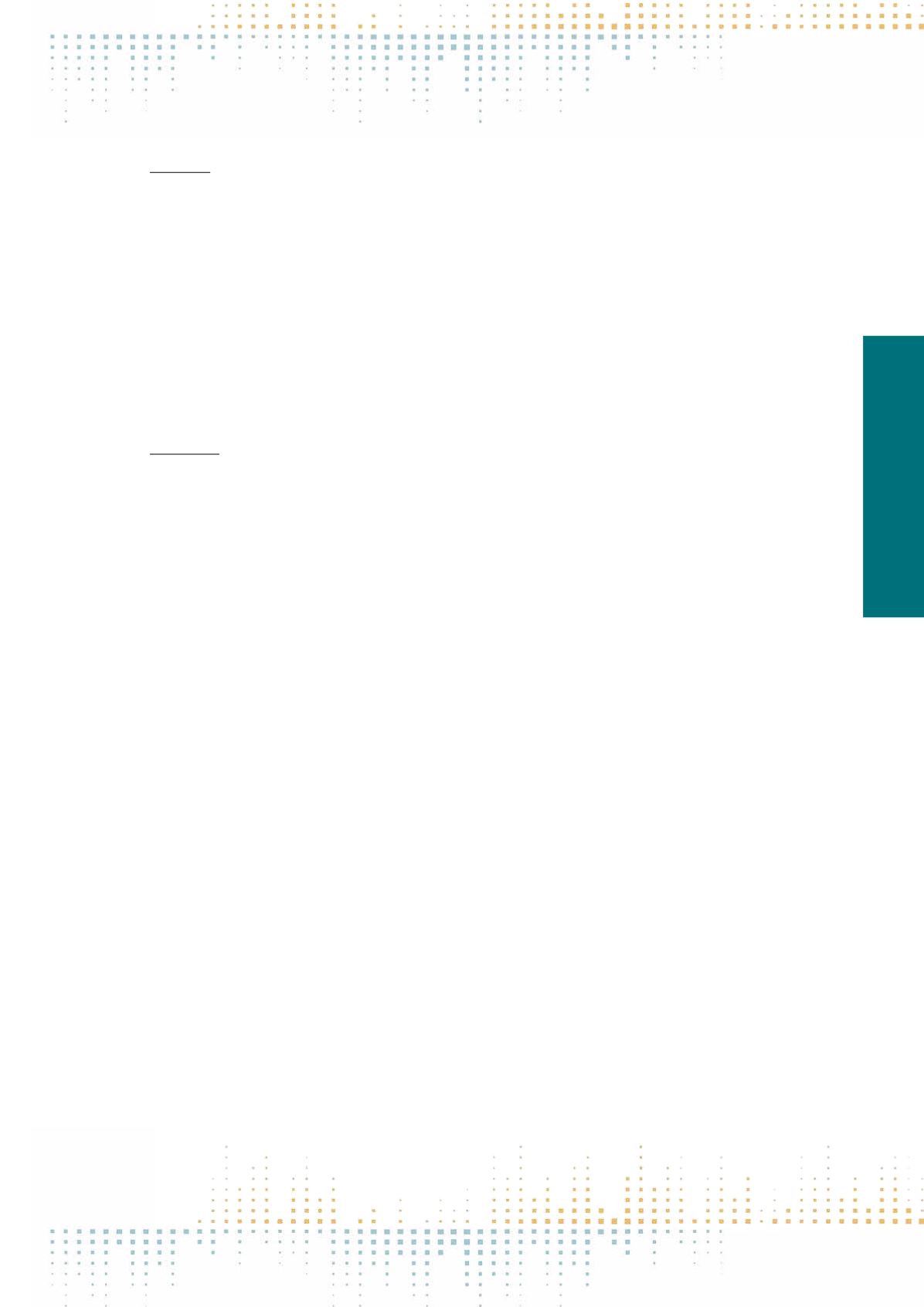

633
Thursday, November 10
0 9 : 0 0 – 1 0 : 3 0
PN 035
Dividing or Uniting? Social Media Use, Societal Regroupings, and Political Power Reconfigurations in Lithuania
A. Balčytienė
1
1
Vytautas Magnus University, Kaunas, Lithuania
Digital innovations and social media have become dominant communication means offering information sources for all types of audiences throughout their
whole life course. Though technological effects and outcomes of new ICTs application and usage are extensively evaluated and assessed (Tsatsou, 2011),
recent studies have observed that intensified use of new technologies and social media bring unique social effects and consequences to political and social
life (Nieminen, 2016). Among the issues most widely debated are concerns voiced about societal regroupings into various communal groups. As argued,
stimulated by active use of new media offers (participation of media users in social networks, their commitment with political information, etc.), contem‑
porary societies are shifting back into the mode of interest politics, where each group is fighting for its own interest. As a result, the informational space
turns into an arena of populist engagements and confrontations where new channels are used to promote new (populist) leaders. Do arising trends of new
alignments and regroupings contribute to societal integration or, in contrast, bring new instabilities into a society? What appears to be profoundly new
about the arising social and political divides in today’s Europe? How changing societal power relations impact on the functioning of democracy? This paper
is aimed at exploring the level and character of social media use in Lithuania on the basis of two national surveys conducted in the period of 2015–2016 in
the framework of the national research project focused on media awareness and political preferences among juvenile and adult news consumers.
PN 036
The Birth of “Clicktivism”: Comparing Online Movements and Parties in Central Europe
P. Bajomi Lázár
1
, D. Horvath
2
1
Budapest Business School, Budapest, Hungary
2
Corvinus University of Budapest, Budapest, Hungary
This paper focuses on the assessment of emerging online movements in young democracies. Hundreds of new movements and parties are established
each year, but few of these actually succeed and even fewer manage to earn seats in the Parliament. This study is concerned with the question which
online movements and parties and under what conditions are likely to make it to the national parliaments. More specifically, this paper asks what methods
of communication on which issues appeal to voters and mobilizes them. In an attempt to answer this question, we have adopted a comparative approach,
assessing most similar cases in the context of postcommunist countries with semi-consolidated party systems. Particular attention is paid to factors such
as the recent history and structure of party systems in the selected countries (Poland, Slovakia, Hungary), dominant patterns of electoral behavior, party
membership figures, voter turnout and electoral volatility.



















